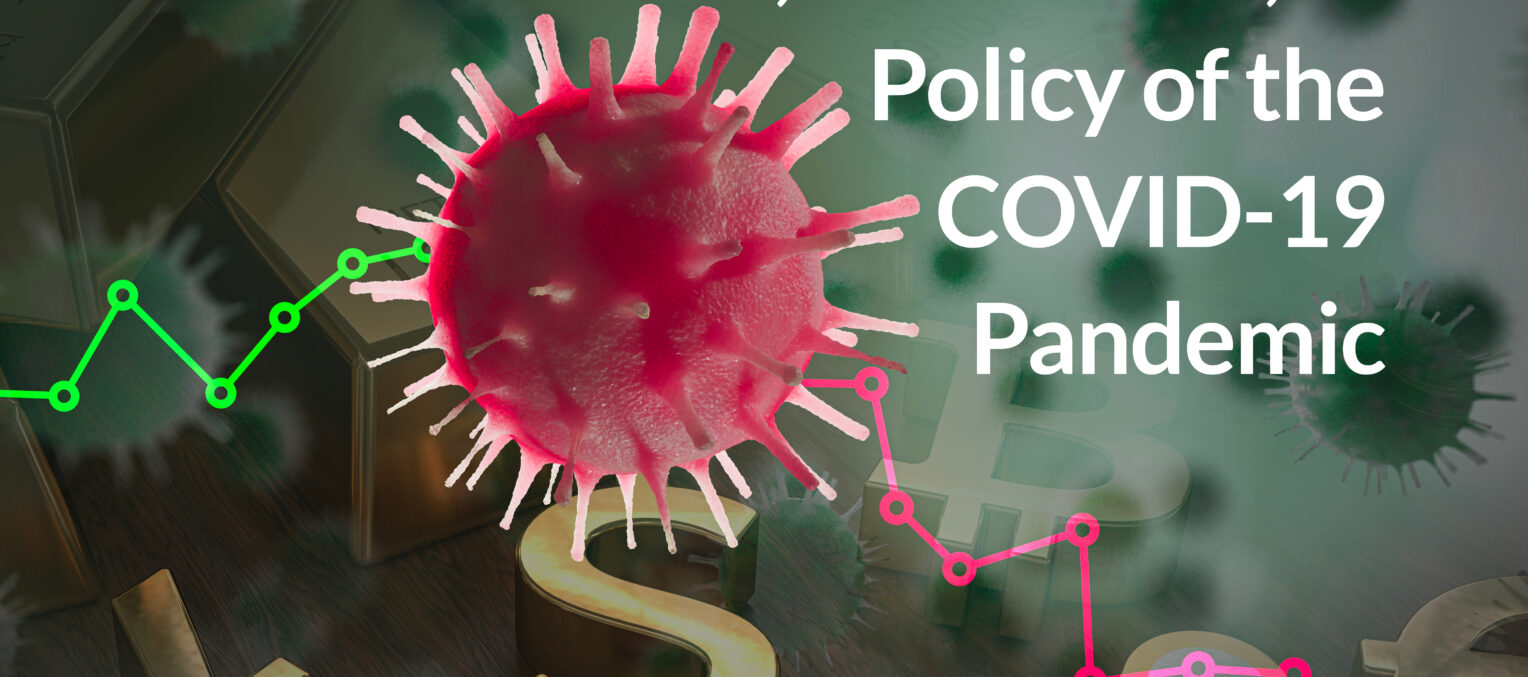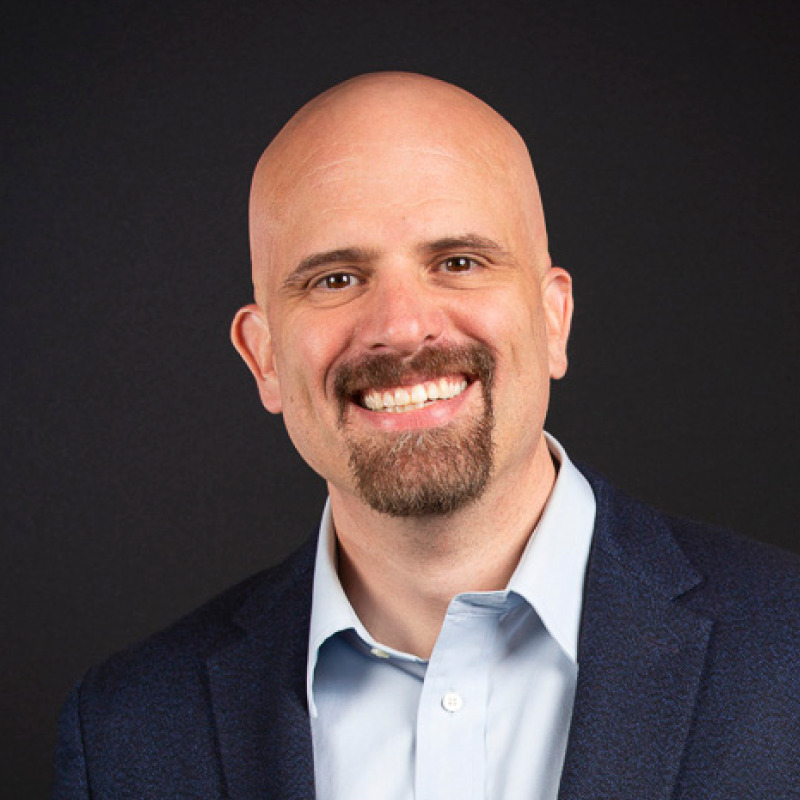
This article is a part of the The Law, Economics, and Policy of the COVID-19 Pandemic symposium.


The ongoing pandemic has been an opportunity to explore different aspects of the human condition. For myself, I have learned that, despite a deep commitment to philosophical (neo- or classical-) liberalism, at heart I am pragmatic. I would prefer a society that optimizes for more individual liberty, but I am emphatically not someone who would even entertain the idea of using crises to advance my agenda when it is not clearly in service to amelioration of immediate problems.
Sadly, I have also learned that there are those who are not similarly pragmatic, and are willing to advance their ideological agenda come hell or high water. In this regard, I was disappointed yesterday to see the Gurry IP/COVID Letter passing around Twitter calling for widespread, worldwide interference with the property rights of IPR holders.
The letter calls for a scattershot set of “remedies” to the crisis that would open access to copyright- and patent-protected inventions and content, including (among other things):
- voluntary licensing and non-enforcement of IP;
- abrogation of IPR by WIPO members using the “flexibility” in the international IP regime;
- the removal of geographical restrictions on IP licenses;
- forcing patents into COVID-19 patent pools; and
- the implementation of compulsory licensing.
And, unlike many prior efforts to push the envelope on weakening IP protections, the Gurry Letter also calls for measures that would weaken trade secrets and expose confidential business information in order to “achieve universal and equitable access to COVID-19 medicines and medical technologies as soon as reasonably possible.”
Notably, nothing in the letter suggests that any of these measures should be regarded as temporary.
We all want treatments for infection, vaccines for prevention, and ample supply of personal protective equipment as soon as possible, but if all the demands in this letter were met, it would do little to increase the supply of any of these things in the short term, while undermining incentives to develop new treatments, vaccines and better preventative tools in the long run.
Fundamentally, the letter reflects a willingness to use the COVID-19 pandemic to pursue an agenda that lacks merit and would be dismissed in the normal course of affairs.
What is most certainly the case is that we need more innovation now, and we need it faster. There is no reason to believe that mandating open source status or forcing compulsory licensing on the firms doing that work will encourage that work to proceed with all due haste—and every indication that the opposite is the case.
Where there are short term shortages of certain products that might be produced in much larger quantities by relaxing IP, companies are responding by doing just that—voluntarily. But this is fundamentally different from the imposition of unlimited compulsory licenses.
Further, private actors have displayed an impressive willingness to provide free or low cost access to technologies and content—without government coercion. The following is a short list of some of the content and inventions that have been opened up:
Culture, Fitness & Entertainment
- “HBO Will Stream 500 Hours of Free Programming, Including Full Seasons of ‘Veep,’ ‘The Sopranos,’ ‘Silicon Valley’”
- Dozens (or more) of artists, both famous and lesser known, are releasing free back catalog performances or are taking part in free live streaming sessions on social media platforms. Notably, viewers are often welcome to donate or “pay what they” want to help support these artists (more on this below).
- The NBA, NFL, and NHL are offering free access to their back catalogue of games.
- A large array of music production software can now be used free on extended trials for 3 months (or completely free and unlimited in some cases).
- CBS All Access expanded its free trial period.
- Neil Gaiman and Harper Collins granted permission to Levar Burton to livestream readings from their catalogs.
- Disney is releasing movies early onto its (paid) Disney+ services.
- Gold’s Gym is providing free access to its app-based workouts.
- The Met is streaming free recordings of its Live in HD series.
- The Seattle Symphony is offering free access to some of its recorded performances.
- The UK National Theater is streaming some of its most popular plays for free.
- Andrew Lloyd Weber is streaming his shows online for free.
Science, News & Education
- Scholastica released free content intended to help educate students stuck at home while sheltering-in-place.
- Nearly 100 academic journals, societies, institutes, and companies signed a commitment to make research and data on COVID-19 freely available, at least for the duration of the outbreak.
- The Atlantic lifted paywall restrictions on access to its COVID-19-related content.
- The New England Journal of Medicine is allowing free access to COVID-19-related resources.
- The Lancet allows free access to research it publishes on COVID-19.
- All material published by theBMJ on the coronavirus outbreak is freely available.
- The AAAS-published Science allows free access to its coronavirus research and commentary.
- Elsevier gave full access to its content on its COVID-19 Information Center for PubMed Central and other public health databases.
- The American Economic Association announced open access to all of its journals until the end of June.
- JSTOR expanded free access to some of its scholarship.
Medicine & Technology
- The Global Center for Medical Design is developing license-free PPE designs that can be quickly implemented by manufacturers.
- Medtronic published “design specifications for the Puritan Bennett 560 (PB560) to allow innovators, inventors, start-ups, and academic institutions to leverage their own expertise and resources to evaluate options for rapid ventilator manufacturing.” It additionally provided software licenses for this technology.
- AbbVie announced it won’t enforce its patent rights for Kaletra—a drug that may provide treatment for COVID-19 infections. Israel had earlier indicated it would impose compulsory licenses for the drug, but AbbVie is allowing use worldwide. The company, moreover, had donated supplies of the drug to China earlier in the year when the outbreak first became apparent.
- Google is working with health researchers to provide anonymized and aggregated user location data.
- “Cisco has extended free licenses and expanded usage counts at no extra charge for three of its security technologies to help strained IT teams and partners ready themselves and their clients for remote work.”
- Microsoft is offering free subscriptions to its Teams product for six months.
- Zoom expanded its free access and other limitations for educational institutions around the world.
Incentivize innovation, now more than ever
In addition to undermining the short-term incentives to draw more research resources into the fight against COVID-19, using this crisis to weaken the IP regime will cause long-term damage to the economies of the world. We still will need creators making new cultural products and researchers developing new medicines and technologies; weakening the IP regime will undermine the delicate set of incentives that cultural and scientific production depends upon.
Any clear-eyed assessment of the broader course of the pandemic and the response to it gives lie to the notion that IP rights are oppressive or counterproductive. It is the pharmaceutical industry—hated as they may be in some quarters—that will be able to marshall the resources and expertise to develop treatments and vaccines. And it is artists and educators producing cultural content who (theoretically) depend on the licensing revenues of their creations for survival.
In fact, one of the things that the pandemic has exposed is the fragility of artists’ livelihoods and the callousness with which they are often treated. Shortly after the lockdowns began in the US, the well-established rock musician David Crosby said in an interview that, if he could not tour this year, he would face tremendous financial hardship.
As unfortunate as that may be for Crosby, a world-famous musician, imagine how much harder it is for struggling musicians who can hardly hope to achieve a fraction of Crosby’s success for their own tours, let alone for licensing. If David Crosby cannot manage well for a few months on the revenue from his popular catalog, what hope do small artists have?
Indeed, the flood of unable-to-tour artists who are currently offering “donate what you can” streaming performances are a symptom of the destructive assault on IPR exemplified in the letter. For decades, these artists have been told that they can only legitimately make money through touring. Although the potential to actually make a living while touring is possibly out of reach for many or most artists, those that had been scraping by have now been brought to the brink of ruin as the ability to tour is taken away.
There are certainly ways the various IP regimes can be improved (like, for instance, figuring out how to help creators make a living from their creations), but now is not the time to implement wishlist changes to an otherwise broadly successful rights regime.
And, critically, there is a massive difference between achieving wider distribution of intellectual property voluntarily as opposed to through government fiat. When done voluntarily the IP owner determines the contours and extent of “open sourcing” so she can tailor increased access to her own needs (including the need to eat and pay rent). In some cases this may mean providing unlimited, completely free access, but in other cases—where the particular inventor or creator has a different set of needs and priorities—it may be something less than completely open access. When a rightsholder opts to “open source” her property voluntarily, she still retains the right to govern future use (i.e. once the pandemic is over) and is able to plan for reductions in revenue and how to manage future return on investment.
Our lawmakers can consider if a particular situation arises where a particular piece of property is required for the public good, should the need arise. Otherwise, as responsible individuals, we should restrain ourselves from trying to capitalize on the current crisis to ram through our policy preferences.




